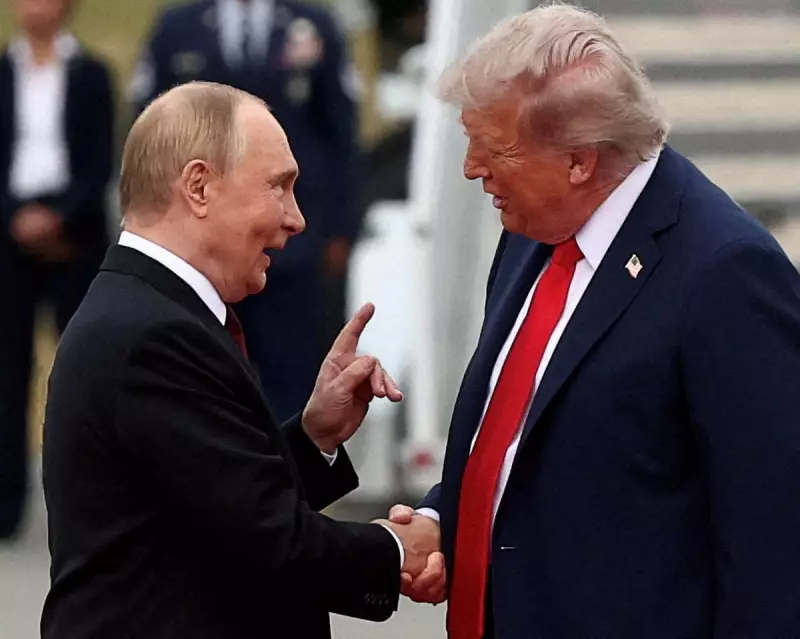
As the conflict in Ukraine grinds on, a stark disconnect has emerged between Washington's forceful rhetoric and its tangible actions. The Trump administration's current approach—a strategy heavy on bold pronouncements but light on decisive material support—is proving dangerously ineffective against a resurgent Kremlin.
The Chasm Between Words and Action
While official statements from the White Project project unwavering resolve, the reality on the ground tells a different story. Critical military aid packages have been delayed, and promised support often arrives piecemeal, failing to match the scale of the challenge posed by Putin's war machine. This gap creates a perilous vacuum that Russia is all too eager to exploit.
Global Perceptions and Shifting Alliances
America's closest allies are watching with growing apprehension. The perceived hesitancy and unpredictability emanating from Washington are causing significant strain within the NATO alliance. Key European partners, once confident in US leadership, are now openly questioning the reliability of their transatlantic partner, forcing a reluctant recalibration of their own security strategies.
The High Cost of Strategic Ambiguity
This policy of 'tough talk, little action' carries severe consequences:
- Empowered Adversaries: Moscow interprets hesitation as weakness, emboldening its campaign.
- Eroded Trust: Allies are compelled to seek alternative security arrangements, fracturing Western unity.
- Prolonged Conflict: Without decisive intervention, the war threatens to become a protracted stalemate, costing countless more lives.
- Diminished Deterrence: The failure to impose meaningful costs on Russia sets a dangerous precedent for future global aggression.
A Call for Coherent Strategy
The situation demands more than just performative strength. It requires a coherent, consistent, and materially-backed foreign policy. The West must present a united front, underpinned by decisive action, if it hopes to counter Russian expansionism effectively. The current path of rhetorical posturing without commensurate support is a recipe for continued failure and global instability.
The world is watching. The outcome in Ukraine will define the international order for decades to come. The question remains: will American strategy rise to meet this defining challenge, or will it continue to falter between words and deeds?






